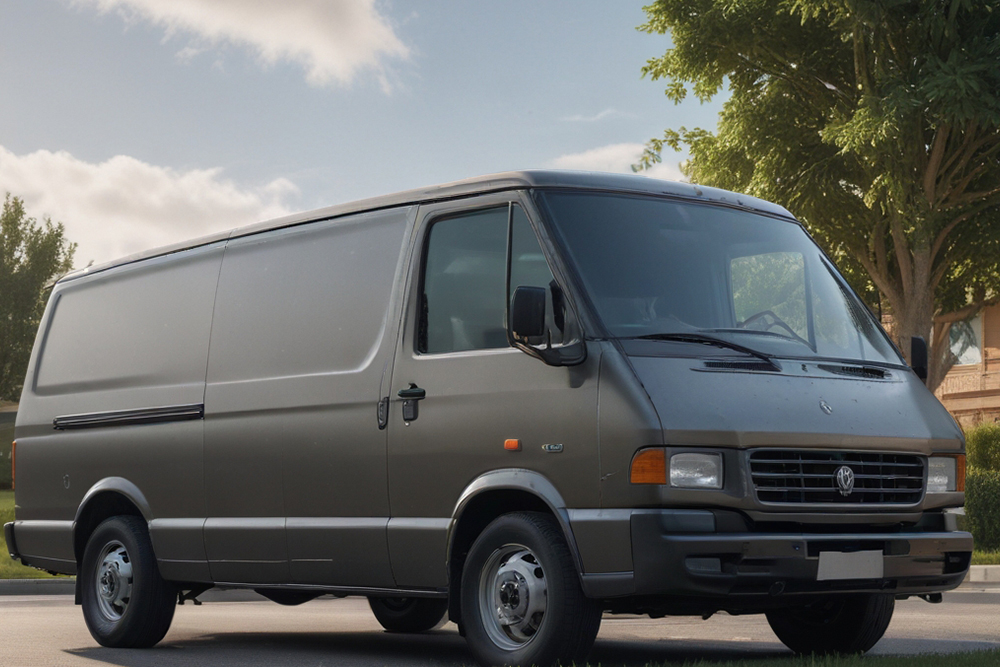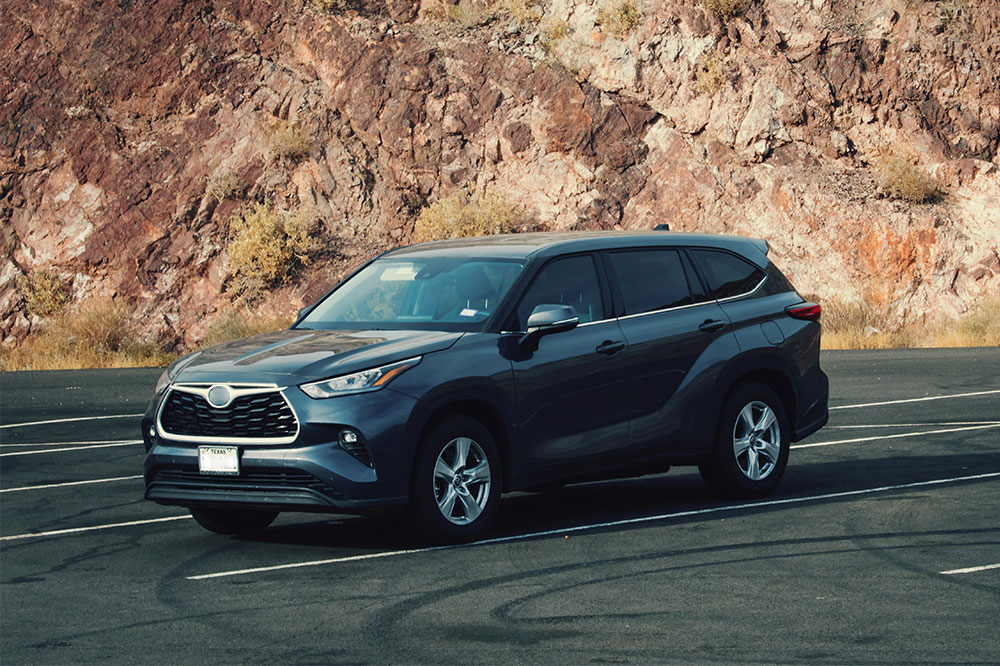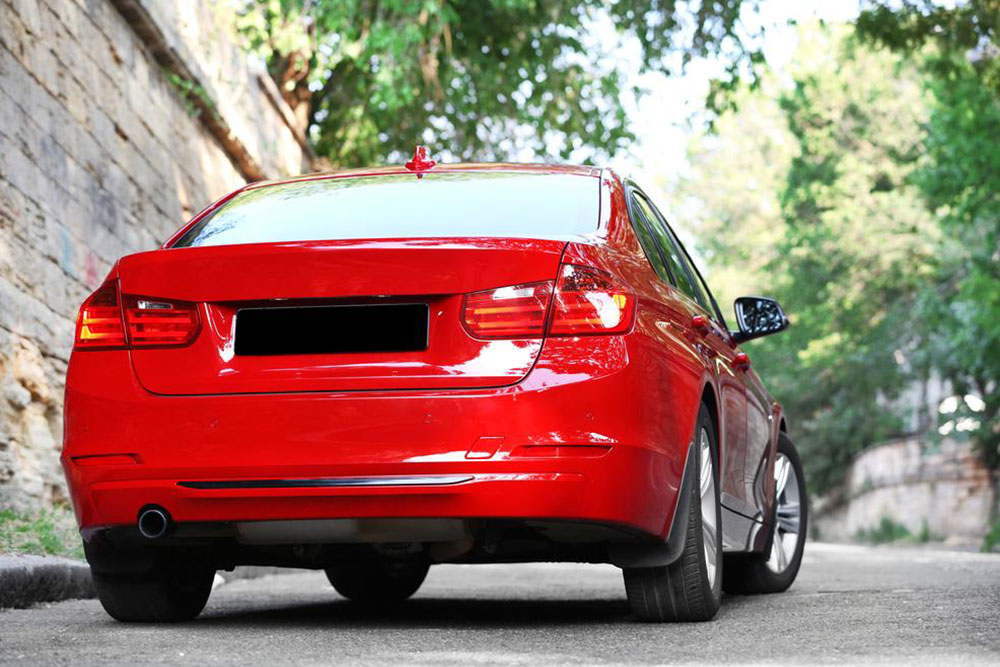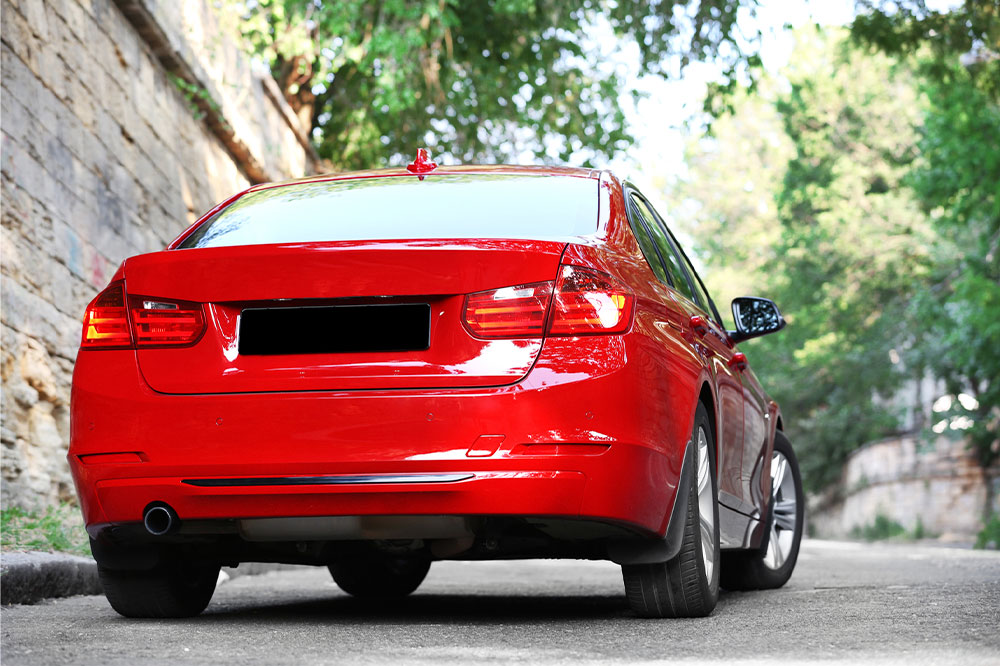Comprehensive Guide to Buying a Used Delivery Van for Your Business
Looking to enhance your delivery operations with a reliable used van? This comprehensive guide covers insurance considerations, resale value, fuel efficiency, cargo space, and vehicle condition to help business owners make smart purchasing decisions. Learn how to evaluate potential vehicles thoroughly, ensuring operational efficiency and cost savings for your logistics needs. Ideal for small business owners seeking affordable, dependable commercial vans, this article provides practical tips and detailed insights to choose the right used delivery van for your business growth.

Comprehensive Guide to Buying a Used Delivery Van for Your Business
For small business owners and delivery drivers navigating urban environments, a reliable cargo van is indispensable. It provides the necessary space to securely transport packages, equipment, or supplies, and helps streamline logistics. While new delivery vans come with a hefty price tag, choosing a used model can significantly reduce costs without compromising on quality—if proper due diligence is followed. In this detailed guide, we will cover essential factors to consider when purchasing a second-hand delivery van to ensure a smart investment that meets your business’s needs.
1. Understand Insurance Costs and Coverage Options
One of the first considerations before purchasing a used delivery van is understanding the insurance landscape. Auto insurance is a mandatory expense that protects against damages, theft, and liability. Premiums vary based on several factors, including the van’s age, model, usage intensity, and the geographical area of operation. For small business owners, managing insurance costs is vital to maintaining profitability. It's advisable to obtain multiple quotes from different insurers, including fleet insurance providers, as they often offer discounts for insuring multiple vehicles. Furthermore, consider the coverage options—comprehensive, collision, liability, and theft coverages—to strike a balance between cost and protection. Proper insurance planning ensures that your investment remains protected and minimizes financial risks in case of accidents or unforeseen events.
Resale value is another crucial aspect to evaluate, especially if you anticipate upgrading your fleet or selling the vehicle in the future. Choosing brands known for durability and strong build quality can help preserve the van’s value over time. Look for models with a good reputation for reliability, as they tend to depreciate less quickly. Online valuation tools and resale calculators can assist in estimating the van’s current market worth and projected future value, allowing you to make an informed decision that minimizes long-term costs. A well-chosen used van can serve your business efficiently for years while maintaining its resale potential.
2. Prioritize Fuel Efficiency and Mileage
Since delivery vehicles are driven extensively and often cover long distances, fuel economy becomes a critical factor in total cost of ownership. Vehicles with low miles and high fuel efficiency can lead to substantial savings over time. Carefully review the odometer readings to avoid purchasing an overused or potentially problematic vehicle. Vehicles with excessive mileage may be cheaper upfront but could incur higher maintenance and fuel costs in the long run. Additionally, modern engines and technology often offer better MPG ratings—consider models with compact engines or those equipped with fuel-saving innovations. A fuel-efficient van not only reduces operational costs but also minimizes environmental impact, aligning with sustainable business practices.
3. Match Cargo Capacity with Business Needs
Choosing a van with appropriate cargo space and payload capacity is vital to ensuring efficiency and safety. Overloading a van can lead to mechanical failures, increased wear and tear, and higher accident risk. Conversely, a van too small may require multiple trips, reducing productivity. Assess your typical cargo volume and weight—consider items such as boxes, packages, or equipment—and select a model that comfortably accommodates your requirements. Look into the van’s internal dimensions and payload limits. Additionally, consider features like adjustable shelving, tie-down points, and loading height to facilitate easier and safer cargo handling. Properly matching the van to your operational needs ensures smoother logistics and reduces potential costs.
4. Evaluate Entry and Access Features
Frequent loading and unloading demand convenient access points. Features such as sliding rear doors, wide side doors, or rear lift gates can greatly enhance operational efficiency. Depending on your delivery environments—such as tight urban alleys or loading docks—selecting a model with accessible and easy-to-use entry points is crucial. Easy access reduces loading times, minimizes strain on workers, and helps prevent damage to cargo or the vehicle. While assessing these features, also examine door mechanisms for durability and smooth operation. Prioritize models with sturdy hinges, reliable locking systems, and convenient handles that facilitate daily use.
5. Tire Condition and Maintenance
Tires are a fundamental safety component and significantly influence vehicle performance. Before finalizing your purchase, thoroughly inspect the tires. Look for uniform tread wear, which indicates proper alignment and suspension health. Tread depth should be above 3mm; lower levels compromise braking performance, especially in adverse weather. Check sidewalls for bulges, cuts, or other damage that could lead to blowouts. Quality tires contribute to fuel efficiency and vehicle stability, positively affecting operational costs and safety. Regularly rotated and maintained tires are essential for extending tire life and ensuring reliable delivery operations.
6. Conduct a Comprehensive Vehicle Inspection
Used vans can be cost-effective but might require repairs or refurbishments. Conduct a meticulous inspection to assess the vehicle's overall condition. Key aspects include the engine, transmission, brakes, suspension, and electrical systems. Neglecting potential issues can lead to unexpected expenses down the line. It’s advisable to have a trusted mechanic perform a thorough assessment before purchase. When buying from reputable dealers or certified sellers, you gain access to warranty options and vehicle history reports, reducing risks associated with hidden damages or past accidents. An in-depth inspection helps ensure longevity, safety, and value retention for your investment.
By taking into account insurance costs, resale potential, fuel efficiency, cargo capacity, tire health, and overall vehicle condition, business owners can make informed decisions when purchasing a used delivery van. Proper research, inspection, and planning are key to securing a dependable vehicle that enhances operational efficiency, reduces costs, and supports long-term growth. Whether you’re expanding your fleet or starting a new delivery service, a carefully selected used van can be a valuable asset for your business’s success.





